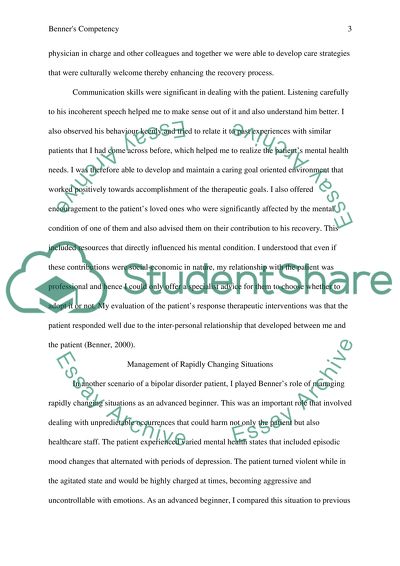Cite this document
(“Benner's Competency Assignment Example | Topics and Well Written Essays - 1500 words”, n.d.)
Benner's Competency Assignment Example | Topics and Well Written Essays - 1500 words. Retrieved from https://studentshare.org/nursing/1628402-benners-competency
Benner's Competency Assignment Example | Topics and Well Written Essays - 1500 words. Retrieved from https://studentshare.org/nursing/1628402-benners-competency
(Benner'S Competency Assignment Example | Topics and Well Written Essays - 1500 Words)
Benner'S Competency Assignment Example | Topics and Well Written Essays - 1500 Words. https://studentshare.org/nursing/1628402-benners-competency.
Benner'S Competency Assignment Example | Topics and Well Written Essays - 1500 Words. https://studentshare.org/nursing/1628402-benners-competency.
“Benner'S Competency Assignment Example | Topics and Well Written Essays - 1500 Words”, n.d. https://studentshare.org/nursing/1628402-benners-competency.


